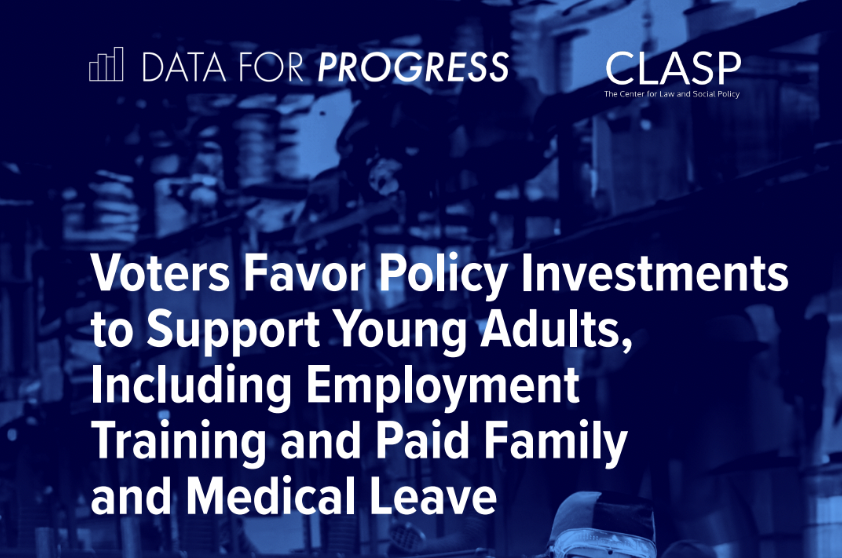Memo: A New Generation of Prosecutors Is Leading the Charge to Reimagine Public Safety
By Prerna Jagadeesh, Isa Alomran, Lew Blank, and Gustavo Sanchez
Introduction
Local prosecutors possess unparalleled power within criminal legal systems across the country. Also commonly referred to as District Attorneys, State’s Attorneys, Commonwealth Attorneys and County Attorneys, local prosecutors are responsible for the vast majority of criminal cases brought in the United States. They have nearly unlimited discretion in deciding who to charge, the type of crimes
to charge, and the severity of punishment at sentencing. They are also primarily responsible for determining who stays in jail and who can be released back to their communities while awaiting trial, and they wield unmatched influence in determining the kind of criminal laws and penalties enacted by state legislatures.
Over the past five decades, prosecutors have deployed their power to charge and sentence even
more people, relying heavily on incarceration or correctional supervision to control and punish
people convicted of crimes. While public safety was the purported justification for this approach, a growing body of research is finding that incarceration is ineffective at deterring crime and fails to prevent violent crime in the long-term. Meanwhile, it has generated devastating consequences for
many communities — particularly communities of color — in both direct and indirect ways. Mass incarceration has destabilized communities, worsened outcomes for children with incarcerated parents, increased morbidity and mortality, perpetuated generational wealth gaps, exacerbated mental illness among those incarcerated, and increased homelessness, alongside many other collateral consequences. These burdens have been imposed on Black people in hugely disproportionate numbers. On average, state prisons incarcerate Black people at five times the rate of white people, and in some states, at ten times the rate of white people. Today, one in three Black men will be incarcerated at some point in their lives.
Notably, the prosecute-and-convict approach has also neglected the interests of those who have experienced and survived crime. According to a groundbreaking survey of crime survivors conducted by the Alliance for Safety and Justice, the vast majority of victims –– who are more likely to be low- income, young, people of color –– prefer solutions that focus on alternatives to incarceration, such as job creation, crime prevention, rehabilitation, drug use and mental health treatment, among others. In particular, seven out of ten would rather see prosecutors invest in solving neighborhood problems through rehabilitation, not prosecution and incarceration.
As a result, a growing number of prosecutors have begun to reimagine public safety in ways that reduce the use of prosecution and incarceration, create more effective and less destructive accountability strategies, end racial disparities, and address the drivers of criminal behavior as well as the needs
of those most impacted by crime. Dozens of prosecutors have been elected across the country by campaigning on the transformation of their criminal legal systems, including in Los Angeles, Chicago, Philadelphia, San Francisco, St. Louis, Boston, Austin, and many other jurisdictions. Many were recently elected or even re-elected by robust margins, reflecting the popular enthusiasm for substantial criminal legal system reform.
In the summer of 2021, Data for Progress surveyed 19 of these reform-minded prosecutors to identify their approaches to community safety, key policy changes, goals for the future, and obstacles impeding their efforts to achieve transformational change. Their responses are detailed more fully below.







